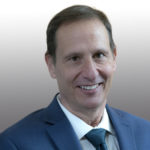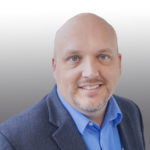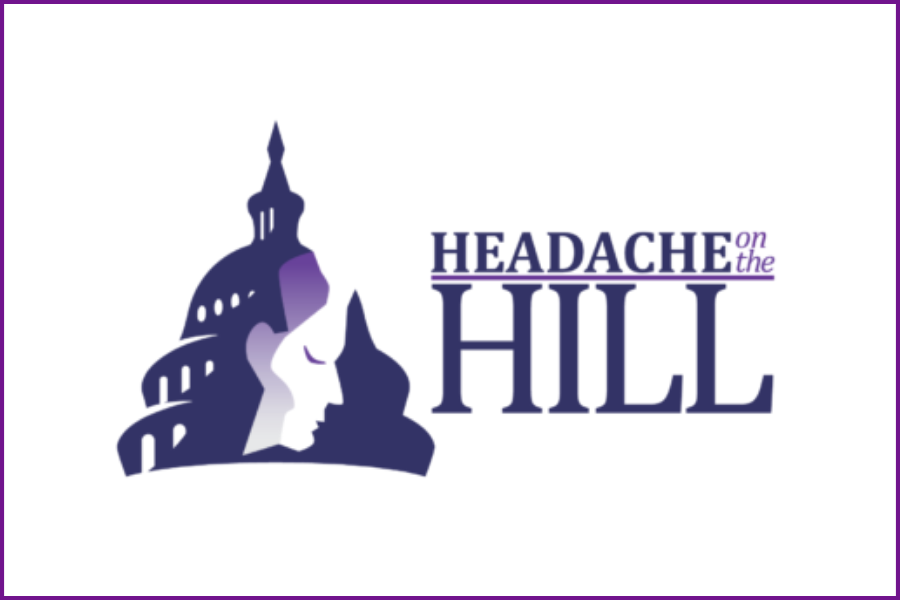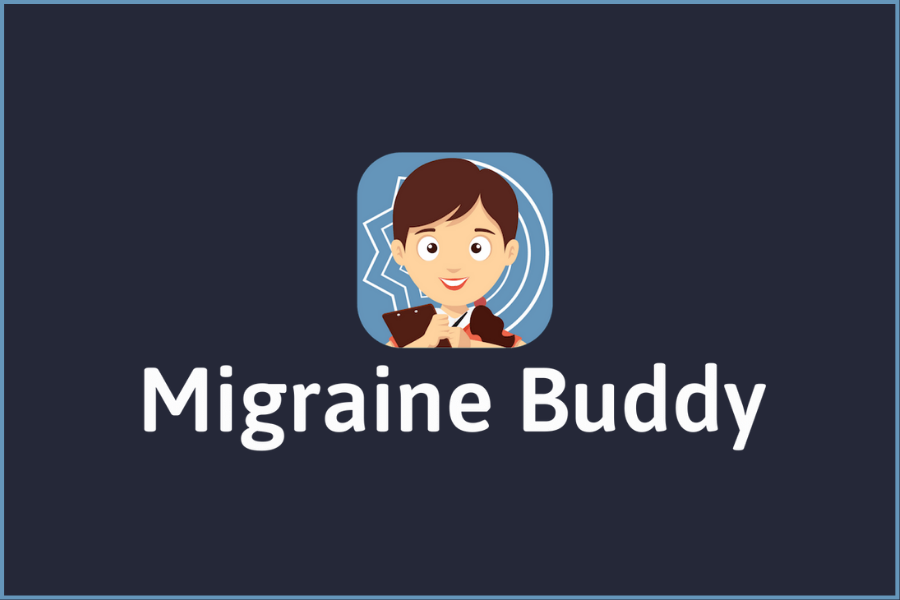Shortening Attacks With Early Migraine Intervention
You are currently watching a preview of this interview. Unlock the full version by upgrading to an Access Pass bundle! Get FREE access to 8 expert interviews from Day 1 and Day 2 when you register today!
Key Questions
- How effective is early intervention in trying to stop or mitigate a migraine attack while it is still in the mild stage?
- How can we identify the best time to treat an attack in the early stages?
- How do we know if some of the symptoms we’re having can be considered premonitory symptoms?
- Do premonitory symptoms vary from person to person, or even attack to attack?
- What is the migraine aura, and how can we recognize when it’s happening?
- Can migraine aura change over the course of someone’s lifetime?
- Does aura need to be present in order for a diagnosis of migraine?
- What is the earliest point in a migraine attack when an acute medication should be used?
- How do you decide whether to use abortive medications to treat an attack early, especially when you’re prescribed a limited amount of medication, and when some of your attacks can be milder than others?
- Is it still possible to intervene early in an attack when you wake with morning migraine?
- Can nonmedicinal approaches to treating migraine — such as meditation, breathwork, exercise, hydration, or using ice packs — be effective treatments early in an attack?
Interview Notes
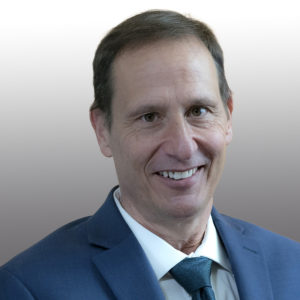
Andrew Charles, MD
Director
UCLA Goldberg Migraine Program
Dr. Andrew Charles is director of Headache Research and Treatment, and professor of neurology at the David Geffen School of Medicine at UCLA. He leads the Goldberg Migraine Program, established in December 2015 with the largest single private grant ever for migraine research, in order to develop new treatments and research a potential cure. He has served on the board of directors for the American Headache Society since 2010, and the board of trustees for the International Headache Society since 2011. Dr. Charles educates neurologists, headache specialists and primary care physicians around the world on headache research and treatment. He’s also been published in numerous medical journals such as Neurology and Headache, and serves as an associate editor of Cephalalgia.
Interviews from Andrew Charles, MD
Shortening Attacks with Early Migraine Intervention
Neck Pain and Migraine: Trigger or Symptom
The New Era of Migraine: Hope and Help
6 Medications That Can Make Migraine Worse
Recognizing and Treating 4 Phases of Migraine
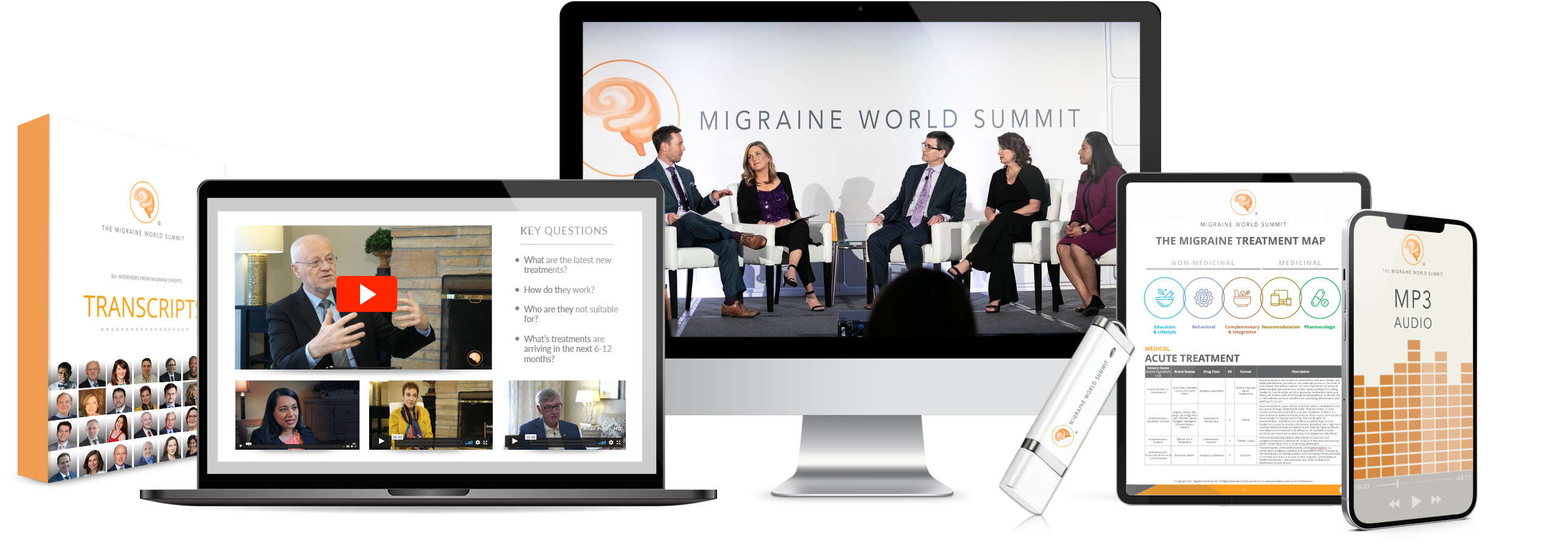
Purchase full access to the entire 2024 Summit to unlock:
- All expert interviews with separate audio (MP3) files & transcripts
- 30 extended, uncut interview editions with hours more expert footage
- Lifetime on-demand access with no annual fee to 2024 Summit
- Interview Summaries
- Treatment Directory & Guidelines
- And much more!
Related Talks for: Day 6 (2021)
Sex Headaches: Serious or Just Awkward?
Katherine Hamilton, MD
Autoimmune Disease and Migraine: What’s the Link?
Peter McAllister, MD, FAAN
Managing Migraine With Little to No Insurance
David Watson, MD, FAAN
Headache on the Hill (HOH) is an annual advocacy event in Washington DC organized by the Alliance for Headache Disorders Advocacy (AHDA). The 14th annual HOH event is planned for: March 22-23, 2021.
#1 Migraine & Headache Tracking App
Chosen by 2.6 million just like you.
★★★★★ 4.6 out of 60k ratings
A former nurse, sex educator, and leading migraine patient advocate, Jill joins the 2021 Summit for a special topical interview.

